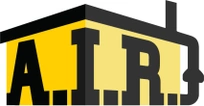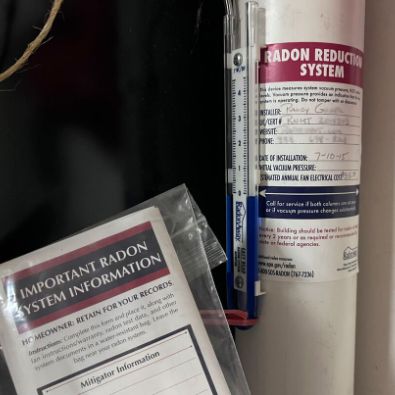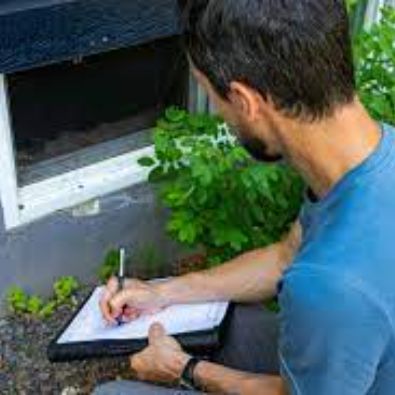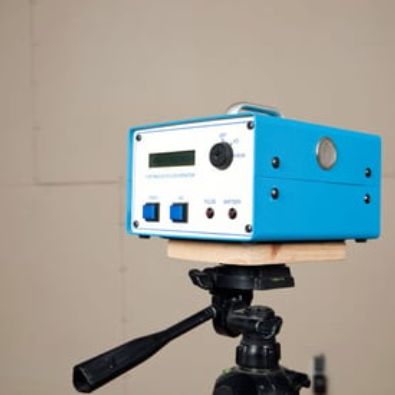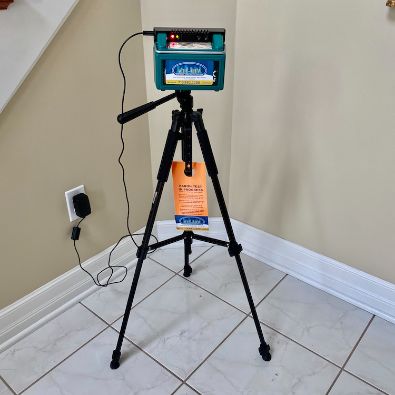Radon Testing & Inspection
Call Now! Schedule Your Radon Testing & Inspection 319-231-3968
Radon is a naturally occurring, odorless, colorless, and tasteless gas that can be found in the soil and rocks beneath homes in Lynnville, Iowa. It is a known carcinogen and can cause serious health problems if it accumulates in the air of a home. That’s why it’s important to have your home tested for radon and inspected for any potential sources of radon. All Iowa Radon is a trusted radon testing and inspection company in Lynnville, Iowa that can help you protect your family from the dangers of radon.
Radon is the second leading cause of lung cancer in the United States, and it is estimated that 1 in 15 homes in the United States have elevated levels of radon. Radon can enter a home through cracks in the foundation, gaps around pipes, and other openings. It can also be released from building materials, such as concrete and drywall. The only way to know if your home has elevated levels of radon is to have it tested.
All Iowa Radon offers comprehensive radon testing and inspection services in Lynnville, Iowa. Our team of certified professionals will inspect your home for potential sources of radon and test the air for radon levels. If elevated levels of radon are found, we can help you develop a plan to reduce the levels and protect your family from the dangers of radon.
At All Iowa Radon, we understand the importance of protecting your family from the dangers of radon. That’s why we offer comprehensive radon testing and inspection services in Lynnville, Iowa. Our team of certified professionals will inspect your home for potential sources of radon and test the air for radon levels. If elevated levels of radon are found, we can help you develop a plan to reduce the levels and protect your family from the dangers of radon.
Don’t wait to have your home tested for radon. Contact All Iowa Radon today to schedule a radon testing and inspection in Lynnville, Iowa. Our team of certified professionals will inspect your home for potential sources of radon and test the air for radon levels. Protect your family from the dangers of radon and contact All Iowa Radon today.
Lynnville, Iowa is a small town located in Jasper County, Iowa. It is situated along the banks of the Cedar River and is home to a population of just over 500 people. The town was founded in 1854 and is named after the Lynn family, who were among the first settlers in the area. Lynnville is known for its small-town charm and friendly atmosphere. It is a great place to raise a family and enjoy the outdoors.
The town is home to several historic sites, including the Lynnville Cemetery, which dates back to the mid-1800s. The cemetery is the final resting place of many of the town's earliest settlers. The Lynnville Historical Society is also located in the town and is dedicated to preserving the history of the area.
Lynnville is also home to the Lynnville-Sully Community School District, which serves students in grades K-12. The district is known for its excellent academic programs and extracurricular activities. The town also has a public library, which offers a variety of books and other resources for residents.
The town is also home to several parks and recreational areas, including the Lynnville Park and the Cedar River Trail. The park offers a variety of activities, including fishing, camping, and hiking. The Cedar River Trail is a popular spot for biking and walking.
Lynnville is a great place to live and visit. It is a small town with a big heart and a lot to offer. Whether you are looking for a place to raise a family or just want to get away from it all, Lynnville is the perfect place to call home.
Local Radon Testing & Inspection Experts Call NOW! 319-231-3968
The History of Radon in Lynnville, Iowa
Lynnville, Iowa is a small town located in Marion County, Iowa. It is known for its rich history and its close proximity to the Des Moines River. The town has been around since the early 1800s and has seen many changes over the years. One of the most significant changes has been the presence of radon in the area.
Radon is a naturally occurring radioactive gas that is found in the soil and rocks of many areas. It is odorless and colorless, and can be found in both indoor and outdoor air. In Lynnville, radon levels have been monitored since the early 1990s. The levels have been found to be higher than the EPA's recommended action level of 4.0 pCi/L. In fact, the average radon level in Lynnville is 6.2 pCi/L, which is considered to be a high level.
The presence of radon in Lynnville has caused concern among residents and local officials. The EPA recommends that all homes in the area be tested for radon and that any homes with levels higher than 4.0 pCi/L be mitigated. In addition, the EPA recommends that all new construction in the area be tested for radon before it is occupied. This is to ensure that any new homes are safe from the dangers of radon.
The presence of radon in Lynnville is a reminder of the importance of testing for radon in all areas. It is important to be aware of the potential dangers of radon and to take the necessary steps to protect yourself and your family. By testing for radon and taking the necessary steps to mitigate any high levels, you can help to ensure that your home is safe from the dangers of radon.
Contact Us For A Free Quote!
Our team of experts is ready to provide you with personalized guidance and deliver exceptional results.
